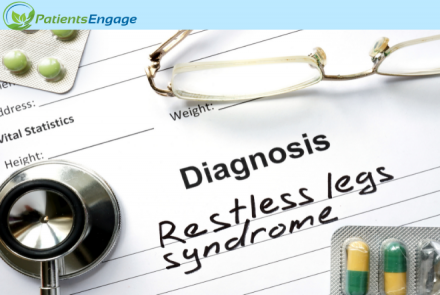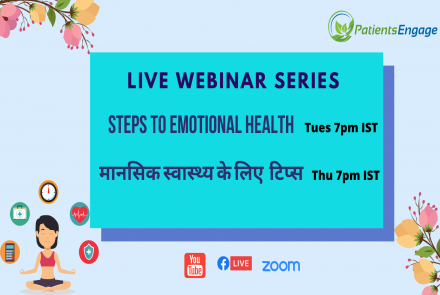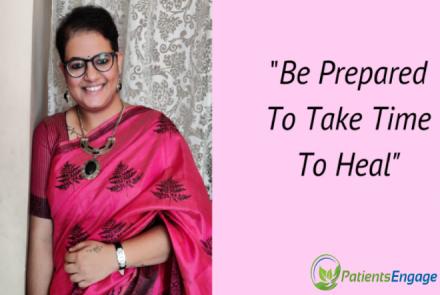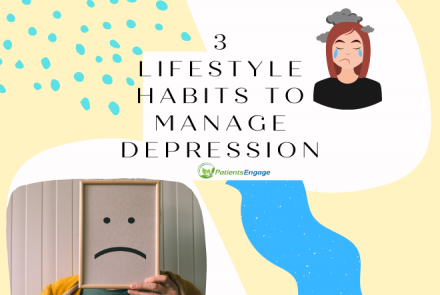
Around 20% of new mothers experience Post Partum Depression. In our #AskTheDoctor series Dr Madanki Srinivasan, Gynaecologist & Women’s Health Counselor addresses the difference between baby blues and PPD, the symptoms, treatment options and recovery tips.
What are perinatal mental illnesses?
Perinatal mental illness is a significant complication of pregnancy and the postpartum period. These disorders include postpartum blues, depression, anxiety disorders, and postpartum psychosis. Around one in five women will experience a mental health problem during pregnancy or in the year after giving birth.
What is the difference between baby blues and postpartum depression?
70- 80% percent of new moms suffer from the baby blues—a normal, short-lived period of feeling sad, weepy or otherwise moody that is triggered by hormonal changes after giving birth—whereas around 20% women suffer from postpartum depression (PPD) lasts much longer than a few weeks with much more intense emotions.
Is it common to feel unattached to the baby?
Being responsible for a baby 24 hours a day means that your day is likely to revolve around your child’s needs rather than yours. This can be very challenging and have an impact on your vulnerability to developing a feeling of detachment from your baby.
What other symptoms should a new mother watch out for?
A new mom should look out for symptoms like insomnia, loss of appetite, intense irritability difficulty bonding with the baby, crying spells, strain in relationships , extreme fatigue and a whole spectrum of behavioural and emotional difficulties.
Can postpartum depression occur even 8 months after the birth of the baby?
Approximately 15-20% of new mothers will experience what is classified as postpartum depression (PPD). Symptoms may occur a few days after delivery or sometimes as late as even a year later.
What are the causes for this type of depression?
The causes for PPD are not quite clear, but for many people it may be a combination of risk factors. These include:
- Past history of any mental illness.
- Traumatic childhood experience.
- Inadequate family and social support.
- Biological causes.
- History of abuse.
- Poor self-esteem.
- Life-changing events.
- Stress.
What help is available for this condition? Who should I see?
If you're feeling depressed after your baby's birth, you may be reluctant or embarrassed to admit it. But if you experience any symptoms of postpartum baby blues or postpartum depression, call your doctor and schedule an appointment. She can then guide you to a counsellor who can help you, and your family cope with this distressing situation. Your family too can be educated in various ways to support you and ease the symptoms.
What treatment options are available?
Efficacy of treatment depends on identifying the risk factors and symptoms of PPD early on. Treatment is a combination options such as offering support to the patient as well as educating her partner and the rest of the family to help her cope, counselling or Psychotherapy and if required, medication under supervision of a psychiatrist.
Can one take anti-depressants while breastfeeding?
Infant exposure of antidepressants through breast milk is generally low to very low, especially with the newer antidepressants. If there is a need to prescribe antidepressants to women suffering from postpartum depression, they should not be asked to discontinue breastfeeding. A case-to-case risk benefit analysis should be done.
Can you suggest some tips to better cope with Post Partum Depression?
In addition to seeking professional help, the various things you could do to help your self are:
- Take out “ME” time, as in indulging in a massage, catching up on your hobby, meeting with friends, going for a spa etc.
- Get loads of sunshine and exercise in the form of 15-20 min walks, yoga etc.
- Spend more time with your partner and try to involve him in the looking after of the baby.
- Try to get both social and emotional support from family and network of close friends.
- Try and bond with your baby.
- Take supplements as in multivitamins , Vitamin E and Omega 3.
How should I change my interpersonal relations with my spouse for faster recovery?
Try to ensure your spouse’s involvement in the caring of the baby and take turns so you get adequate rest. Get extra support in the day to take care of the baby, so you get to spend time alone with your spouse. Communicate your feelings and needs clearly and don’t assume that he will understand. He too is going through a giant transition and is probably more confused than you are. Spend quality time as well as nurturing the romance in your relationship and reinventing the magic. Parenthood has put you both on a new platform and enables you to rediscover new facets of your personalities. Don’t ignore each other’s intimacy requirements.
Did you know Postpartum Depression can affect Fathers too
What tips do you usually give the spouse?
Post-delivery Dads go through a similar challenge and sometimes this can be overwhelming. A few tips which can help are:
- Keeping lines of communication open. Let her know that you are there to listen to her. Ask how you can help? What could you do to make it easier?
- Actively participate in the day to day care of the baby.
- Take her out of the house, indulge in activities you used to enjoy earlier as a couple, long walks, movies, meeting with friends etc.
- Lack of libido and a poor sex drive are also common. It is important to understand this biological phenomenon and to be patient, supportive and understanding in order to strengthen her confidence in herself and your relationship.
How long does recovery take?
Most moms with postpartum depression will fully recover, especially if the illness is diagnosed and treated early. It stands to reason that the longer you wait to get help, the longer it may take for you to get better. Also the recovery depends on the severity of the state of depression, the type of therapy you have had, understanding that what works for one may not work for the other. Sometimes one may have to try different modalities of treatment, including change of medication as well as the treating specialist.
Overall, a positive and optimistic approach, adequate family support and compliance on the part of the patient goes a long way in ensuring complete recovery.
Other articles by Dr. Madanki Srinivasan
What it feels like to go through Early Menopause
Why do Women with PCOS have Depression
















